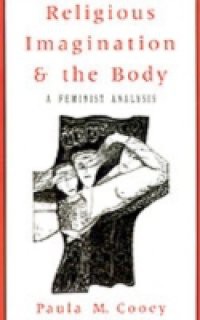In recent years feminist scholarship has increasingly focused on the importance of the body and its representations in virtually every social, cultural, and intellectual context. Many have argued that because women are more closely identified with their bodies, they have access to privileged and different kinds of knowledge than men. In this landmark new book, Paula Cooey offers a different perspective on the significance of the body in the context of religious life and practice. Building on the pathbreaking work of Elaine Scarry in The Body in Pain, Cooey looks at a wide range of evidence, from the Argentine prison narrative of Alicia Partnoy, to the novels of Toni Morrison and the paintings of Frida Kahlo. Drawing on current social theory and critique, cognitive psychology, contemporary fiction and art, and women's accounts of religious experience, Cooey relates the reality of sentience to the social construction of reality. Beginning with an examination of the female body as a metaphor for alternative knowledge, she considers the significance of physical pain and pleasure to the religious imagination, and the relations between sentience, sensuality, and female subjectivity. Cooey succeeds in bringing forward a sophisticated new understanding of the religious importance of the body, at the same time laying the foundations of a feminist theory of religion.

